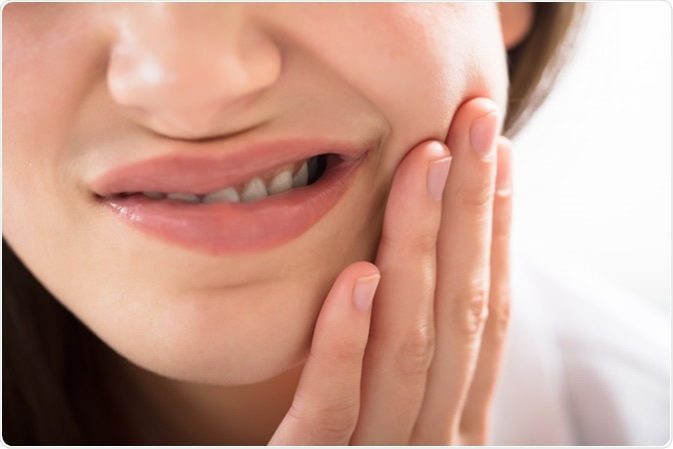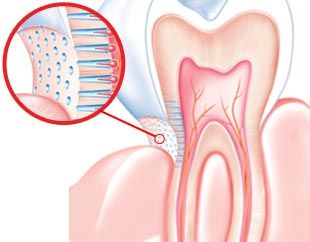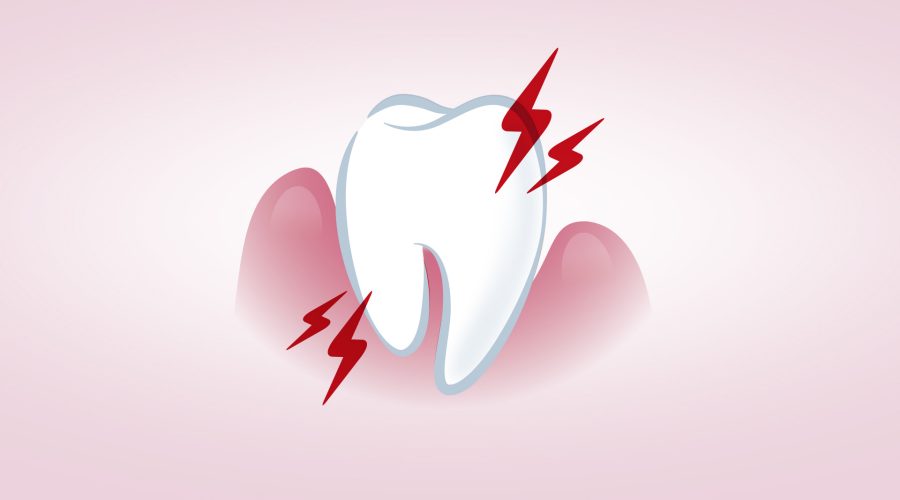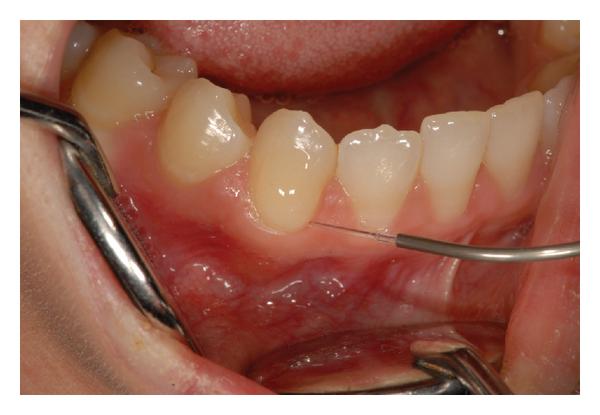






For people with tooth sensitivity, eating or drinking certain substances or those at certain temperatures causes discomfort or pain in their teeth.
The pain is often sharp and sudden, but it is temporary. Tooth pain occurs when stimuli, such as hot and cold, reach a tooth's exposed nerve endings.
Fortunately, sensitive teeth can be treated, and the condition can improve.
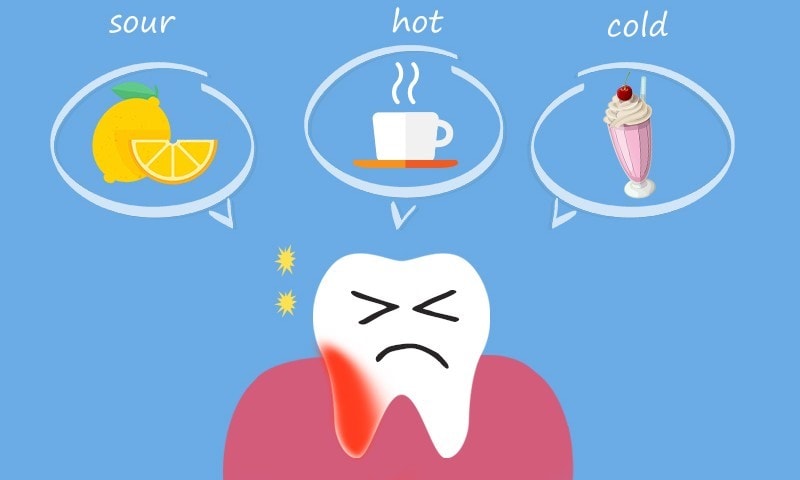
Dentinal hypersensitivity, or tooth sensitivity, is a common dental problem. It’s a condition that can develop over time, as a result of common problems such as receding gums and enamel wear. Most sufferers are between 20 and 50 years old. Tooth sensitivity can start to happen when the softer, inner part of the tooth called ‘dentine’ becomes exposed. Dentine lies under the enamel and the gums.
Thousands of microscopic channels run through the dentine towards the centre of the tooth. Once the dentine is exposed, external triggers (such as a cold drink) can stimulate the nerves inside the tooth, causing the characteristic short, sharp sensation of tooth sensitivity.
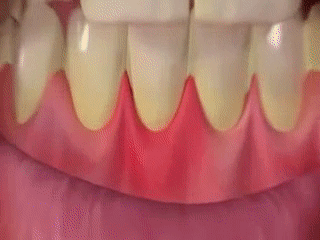
![]() Choose toothpaste that’s labeled as being specifically made for sensitive teeth. These toothpastes won’t have any irritating ingredients, and may have desensitizing ingredients that help block the discomfort from traveling to the nerve of the tooth.
Choose toothpaste that’s labeled as being specifically made for sensitive teeth. These toothpastes won’t have any irritating ingredients, and may have desensitizing ingredients that help block the discomfort from traveling to the nerve of the tooth.
![]() When it comes to mouthwash, choose an alcohol-free mouth rinse, as it will be less irritating to sensitive teeth.
When it comes to mouthwash, choose an alcohol-free mouth rinse, as it will be less irritating to sensitive teeth.
![]() Using softer toothbrushes and brushing more gently can also help. Soft toothbrushes will be labeled as such.
Using softer toothbrushes and brushing more gently can also help. Soft toothbrushes will be labeled as such.
![]() Receding gums can be treated by brushing more gently and maintaining good oral hygiene.
Receding gums can be treated by brushing more gently and maintaining good oral hygiene.
![]() In cases of intense sensitivity and discomfort due to severe gum recession, your dentist may recommend using a gum graft. This procedure involves taking tissue from the palate and placing it over the root to protect the tooth.
In cases of intense sensitivity and discomfort due to severe gum recession, your dentist may recommend using a gum graft. This procedure involves taking tissue from the palate and placing it over the root to protect the tooth.
![]() You can train yourself to stop clenching or grinding your teeth by being mindful not to do so during the day. Reducing stress and caffeine before bed can also help prevent you from grinding your teeth at night. If this doesn’t work, you can use a mouthguard at night to prevent the grinding from damaging your teeth.
You can train yourself to stop clenching or grinding your teeth by being mindful not to do so during the day. Reducing stress and caffeine before bed can also help prevent you from grinding your teeth at night. If this doesn’t work, you can use a mouthguard at night to prevent the grinding from damaging your teeth.
